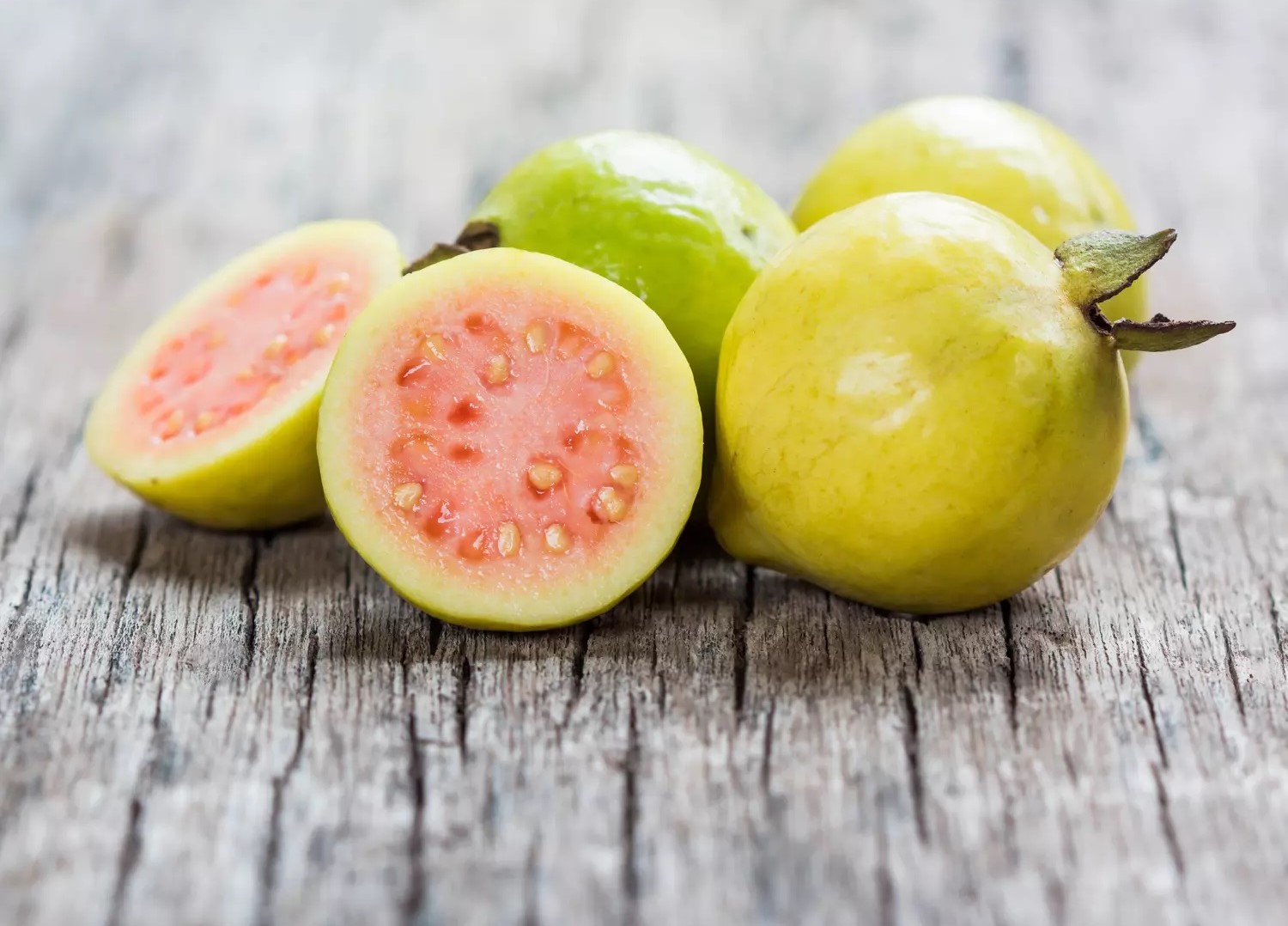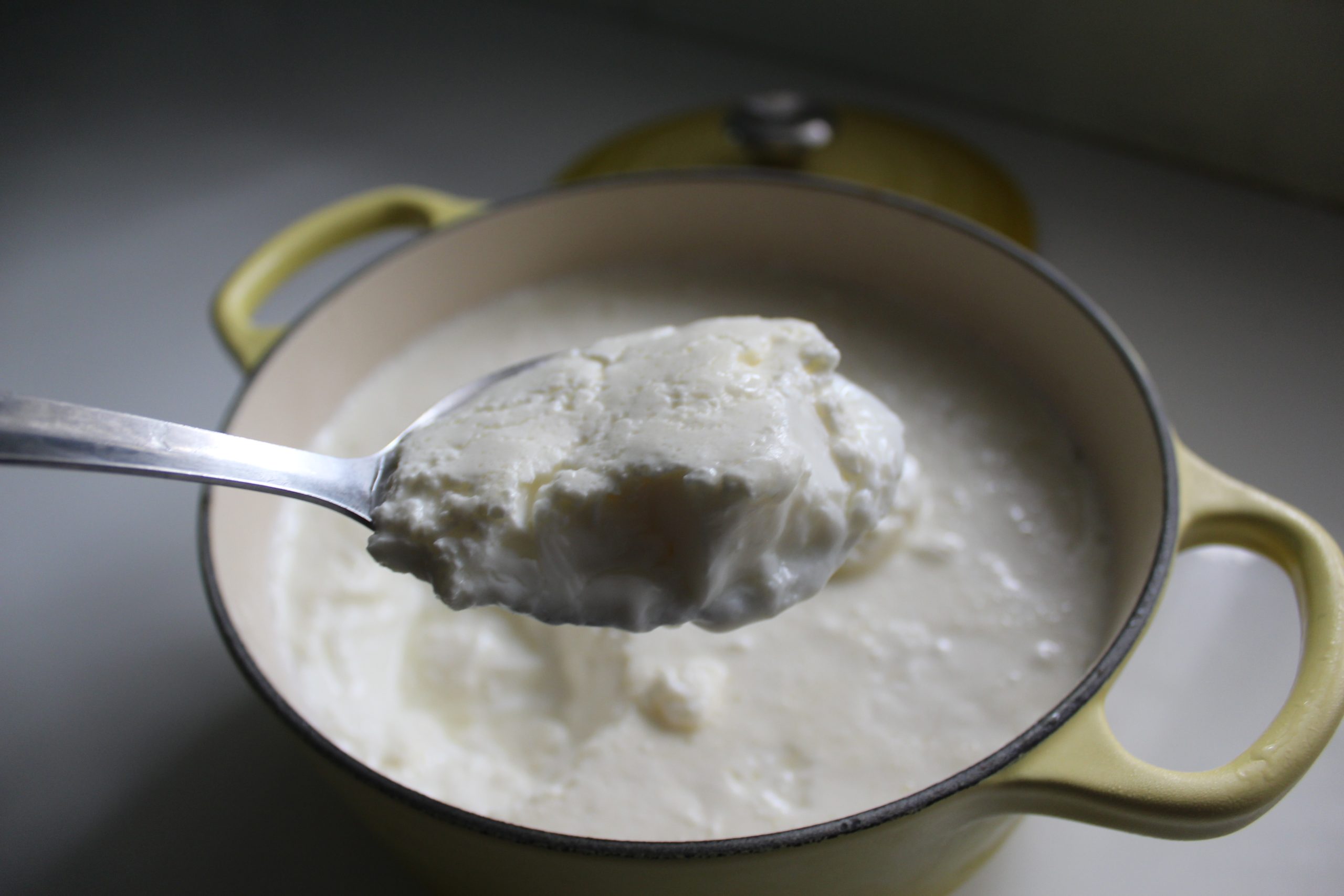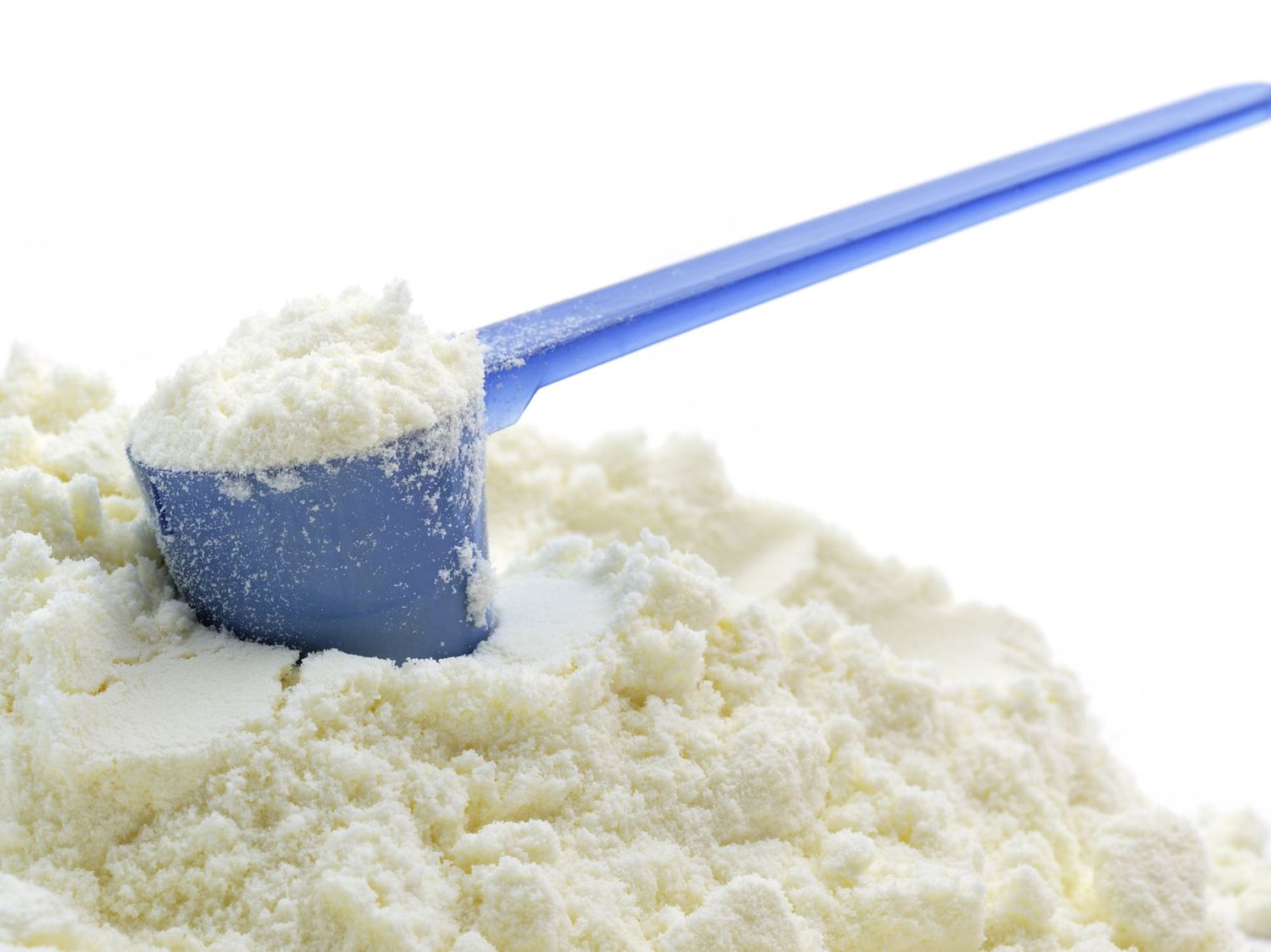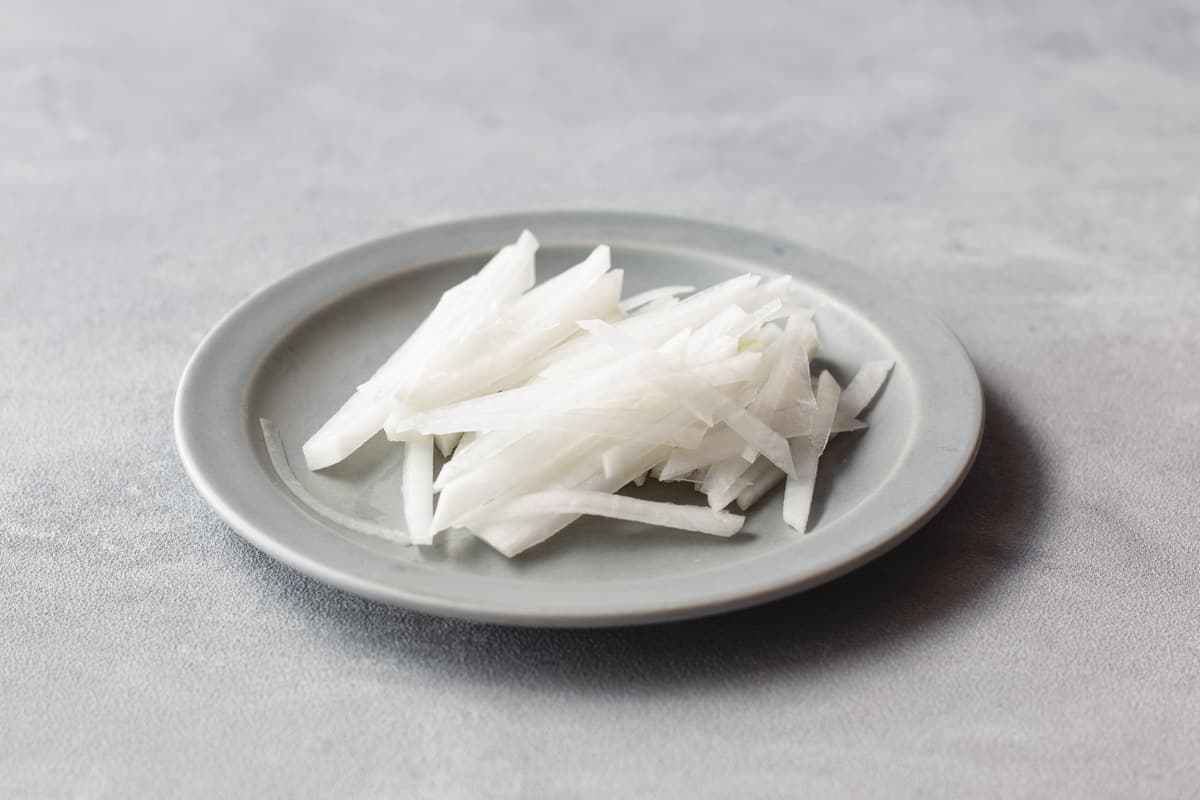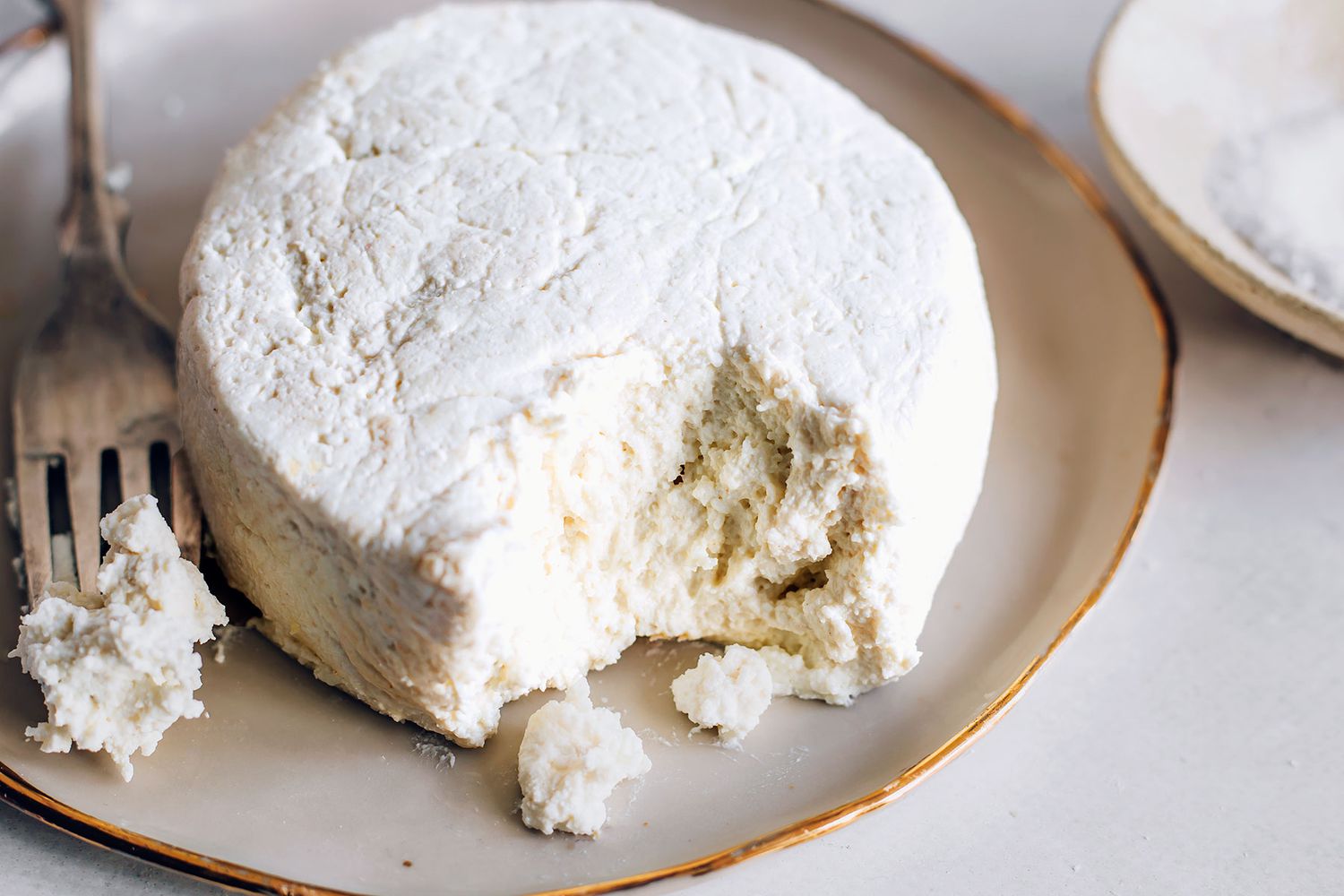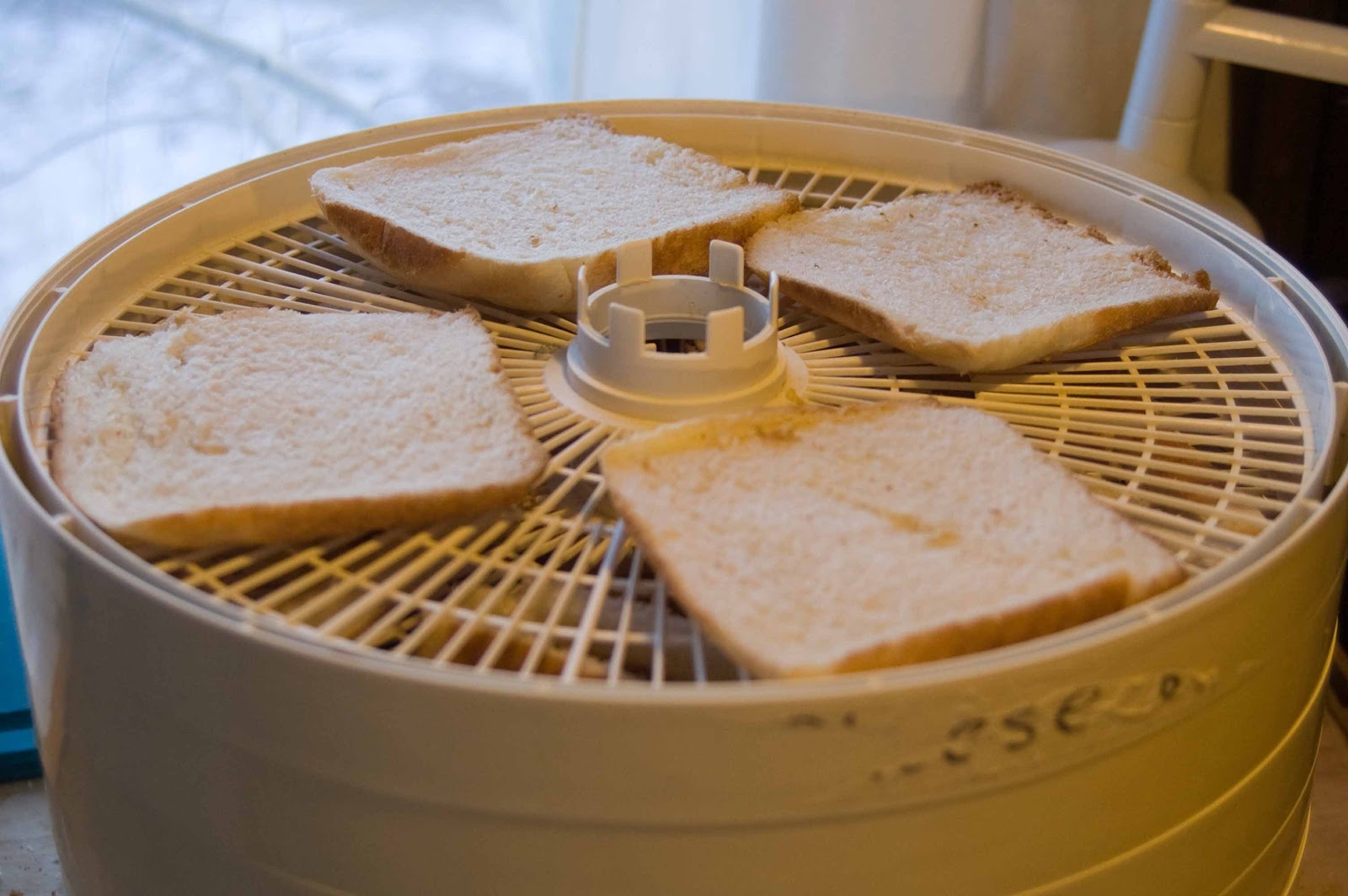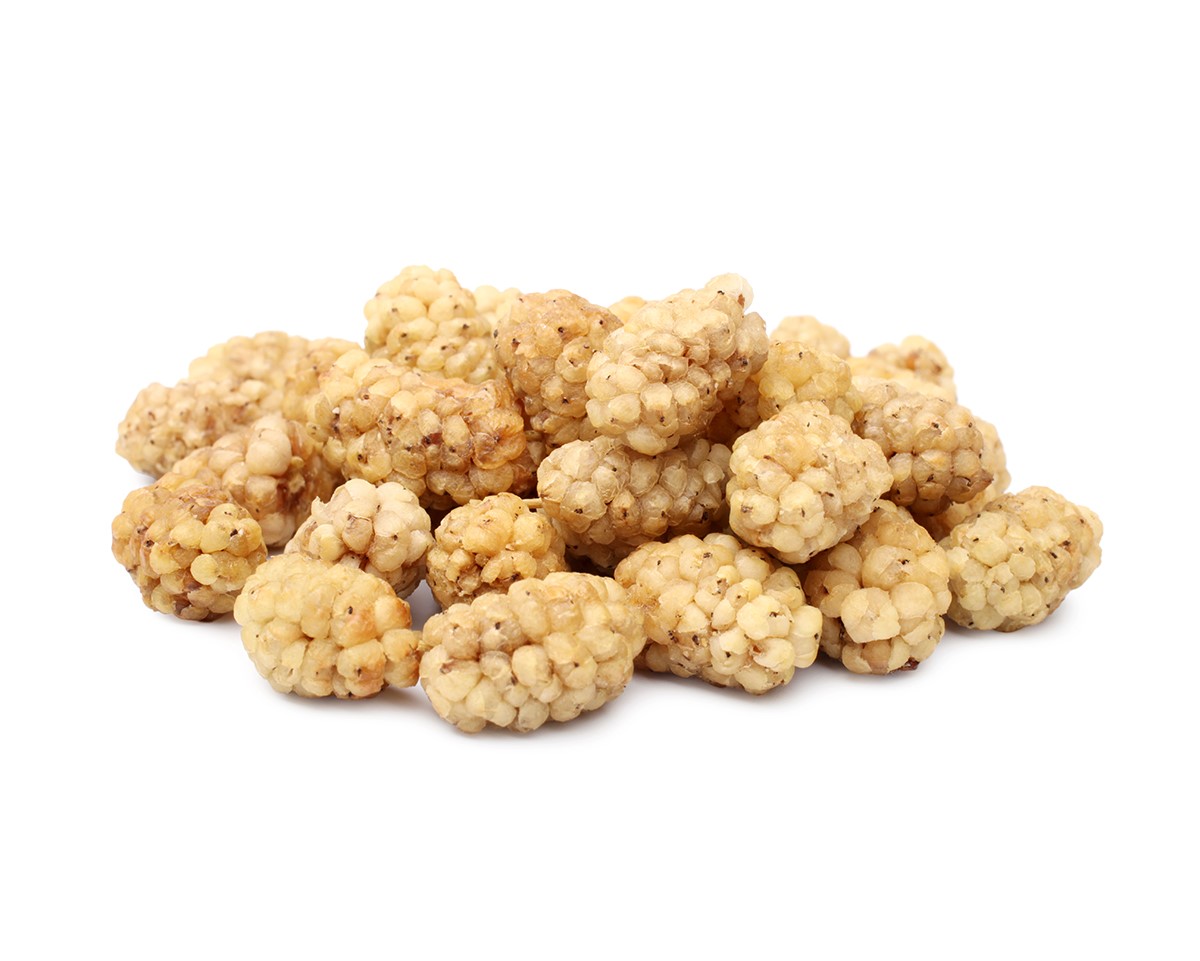Welcome to the Ultimate Guide on Dehydrating Vegetable Oil
Dehydrating vegetable oil is a process that can extend the shelf life of this essential cooking ingredient. Whether you want to preserve excess vegetable oil or create a powdered form for convenience, dehydrating vegetable oil can be a useful skill to have in your culinary arsenal.
Why Dehydrate Vegetable Oil?
Dehydrating vegetable oil has several benefits, including:
- Extended shelf life
- Convenient storage and transportation
- Creation of powdered form for seasoning mixes or instant sauces
Supplies Needed
Before you begin the process of dehydrating vegetable oil, gather the following supplies:
- Vegetable oil
- Dehydrator
- Parchment paper
- Airtight containers
Steps to Dehydrate Vegetable Oil
Follow these simple steps to dehydrate vegetable oil:
- Prepare the dehydrator: Set the dehydrator to a low temperature, around 95°F to 115°F.
- Spread the oil: Pour a thin layer of vegetable oil onto the parchment paper-lined dehydrator trays. Make sure the oil is evenly spread for consistent dehydration.
- Dehydrate the oil: Place the trays in the dehydrator and allow the oil to dehydrate for 8 to 12 hours. Check the progress periodically.
- Check for dryness: The oil should be completely dry and free of any moisture. It should have a powdery texture when fully dehydrated.
- Store the dehydrated oil: Once the oil is dehydrated, transfer it to airtight containers for storage. Keep it in a cool, dark place away from direct sunlight and heat sources.
Uses for Dehydrated Vegetable Oil
Dehydrated vegetable oil has a variety of culinary uses, including:
- Seasoning mixes
- Instant sauces and dressings
- Flavoring for popcorn or roasted vegetables
Precautions and Tips
When dehydrating vegetable oil, it’s important to keep the following precautions and tips in mind:
- Use a high-quality, fresh vegetable oil for best results.
- Avoid overheating the oil during dehydration, as this can lead to off-flavors and reduce the quality of the dehydrated product.
- Store the dehydrated oil in airtight containers to prevent exposure to air and moisture.
Conclusion
Dehydrating vegetable oil is a simple process that can enhance the versatility and shelf life of this kitchen staple. By following the steps outlined in this guide and keeping the precautions in mind, you can successfully dehydrate vegetable oil for a variety of culinary applications. Experiment with different seasoning blends and recipes to make the most of your dehydrated vegetable oil!
For those eager to try out their new skills with dehydrated vegetable oil, there are several exciting recipes to explore. Start with the Dehydrated Vegetable Oil Seasoning Blend for Grilled Vegetables for a simple yet flavorful addition to your favorite grilled dishes. If you're in the mood for a quick meal, the Quick Instant Salad Dressing Mix and Easy Instant Pasta Sauce offer convenient options that pack a punch. For snack lovers, the Dehydrated Vegetable Oil Popcorn Seasoning and Dehydrated Vegetable Oil Coated Snack Nuts provide delicious ways to enjoy your treats with a twist. For dinner, try the Instant Gravy Mix or the Instant Curry Powder Mix to add a burst of flavor to your meals. These recipes not only make use of your new dehydrating skills but also expand your culinary repertoire with ease.
Was this page helpful?
Read Next: How To Dehydrate Using Oven
